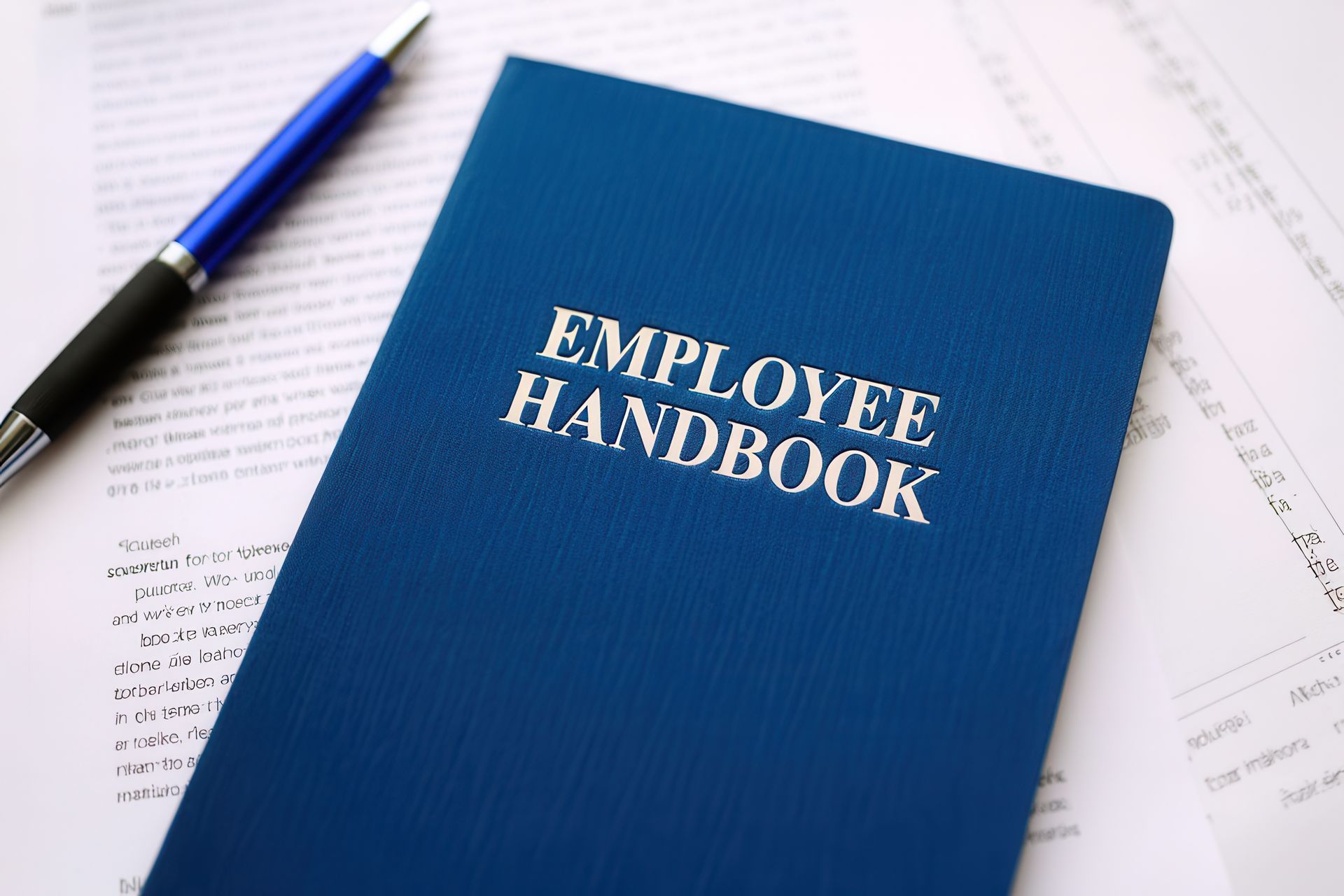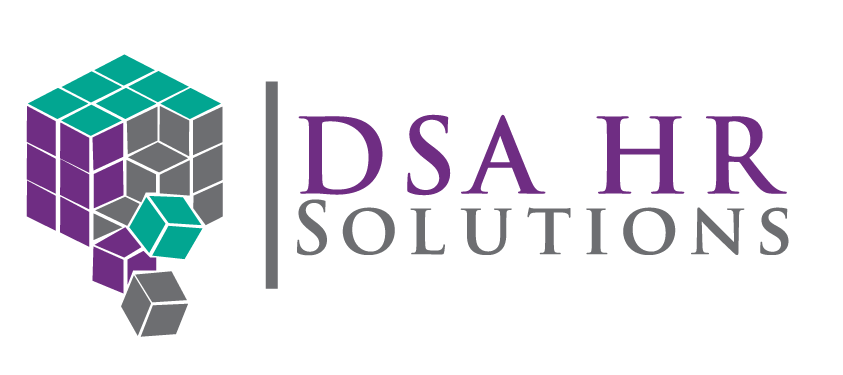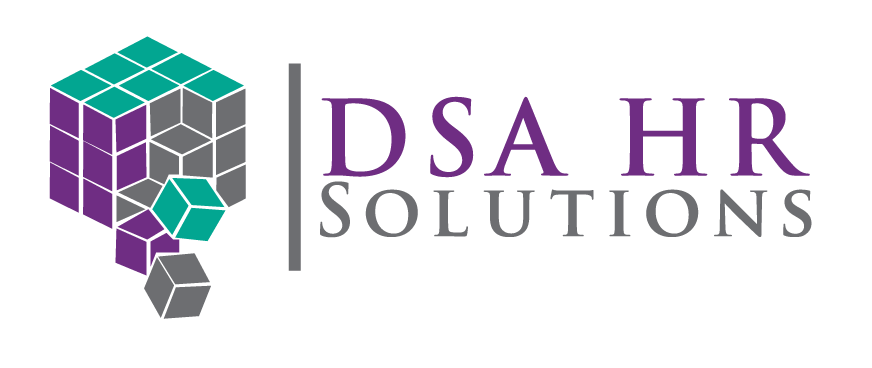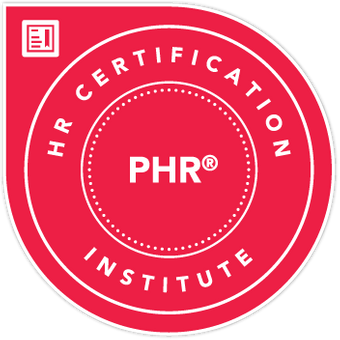How Often Should You Update Your Employee Handbook?
Employee handbooks are often treated like one-and-done documents. It is usually something businesses put together when they start hiring, then file away until something goes wrong. But the reality is, your handbook should evolve as your business does. It's not just a stack of rules for legal protection; it also reflects how you run your company, support your team, and stay compliant in a changing world.

What is an employee handbook, and what should be in it?
An employee handbook is a document that outlines your company’s policies, procedures, and expectations. It mostly covers topics like:
- Working hours, attendance, and scheduling
- Leave entitlements and benefits
- Code of conduct and professional behaviour
- Anti-discrimination and equal opportunity commitments
- Workplace health and safety protocols
- Disciplinary procedures and grievance reporting
Beyond being your “policy manual”, a handbook sets the tone for your company culture. It’s a guide that helps employees understand your values, how you operate, and what’s expected of them. For many businesses, especially small to mid-sized ones, the handbook also serves as a protective framework. It provides all the legal clarity, defines employee rights and responsibilities, and ensures consistent enforcement of policies across teams.
Now, how often should you be updating it?
How often should you update your employee handbook?
A yearly review is the baseline. Employment, state and federal laws, wage rules, and workplace norms shift all the time, and an annual review helps you make sure your handbook keeps up. Even if nothing major has changed in your business, laws may have, and staying ahead of those updates protects you and your employees. However..
There are moments when you shouldn't wait for the next annual check-in. For example:
- New legislation or government mandates impacting labour, health, or safety laws
- Structural business changes, such as mergers, acquisitions, or a shift to hybrid or remote work
- Employee feedback that reveals confusion, inconsistency, or outdated practices
- Operational incidents or legal challenges that expose gaps in your current policies
When these scenarios arise, your handbook should be reviewed and revised without delay. The longer outdated policies remain in circulation, the greater the risk for miscommunication, liability, and inconsistency.
In those cases, it’s better to review and update right away. The risk of having outdated or unclear policies isn’t worth putting it off.
What happens when you don’t update your employee handbook?
When your handbook doesn’t match how you actually operate, it can create more confusion than clarity. Employees may not know what’s expected. Managers might enforce rules differently. And if there’s ever a legal issue, having an outdated policy can weaken your case or show a lack of diligence.
On the other hand, when your handbook reflects current laws and real practices, it gives everyone confidence, employees know where they stand, managers know how to lead, and you know you’re covered.
Updating is only half the work
A new version of the handbook won’t matter much if no one knows what’s in it. Every update should come with:
- A summary of what’s changed and why
- A chance for employees to ask questions
- Updated signatures or acknowledgements of receipt
Creating a system for your handbooks
To stay on top of updates without getting overwhelmed, here’s a process that works well for many teams:
- Do an annual review. Time it with the start or end of the fiscal year
- Watch for trigger events. Law changes, business growth, or major policy shifts
- Bring in outside eyes when needed. An HR consultant like DSA HR Solutions can help you catch what you might miss
- Keep it accessible. A digital version that’s easy to update and easy for staff to find
- Communicate clearly.
Our final thoughts
An employee handbook is one of the most important documents in your business, but only if it reflects the company you are today, not the company you were when you first wrote it. Ultimately, it paves the way for a sustainable workplace that runs smoothly, treats people fairly, and adapts as you grow.
Need help reviewing or updating your handbook?
At
DSA HR Solutions, we offer practical, legally sound support tailored to your business, so your handbook is just as compliant as it is effective. Let’s make it work for your team and not just the legal file. Reach out to our HR consultants today and let’s ensure your policies keep up with your people.
Author
We are a team of certified
HR experts based out of the San Francisco
Bay Area that provides
HR consulting services to businesses nationwide.





